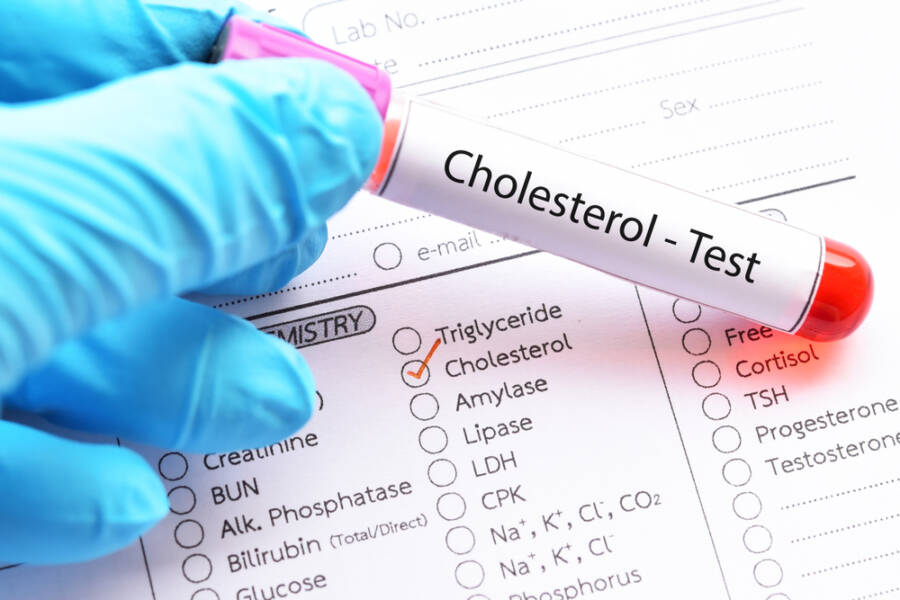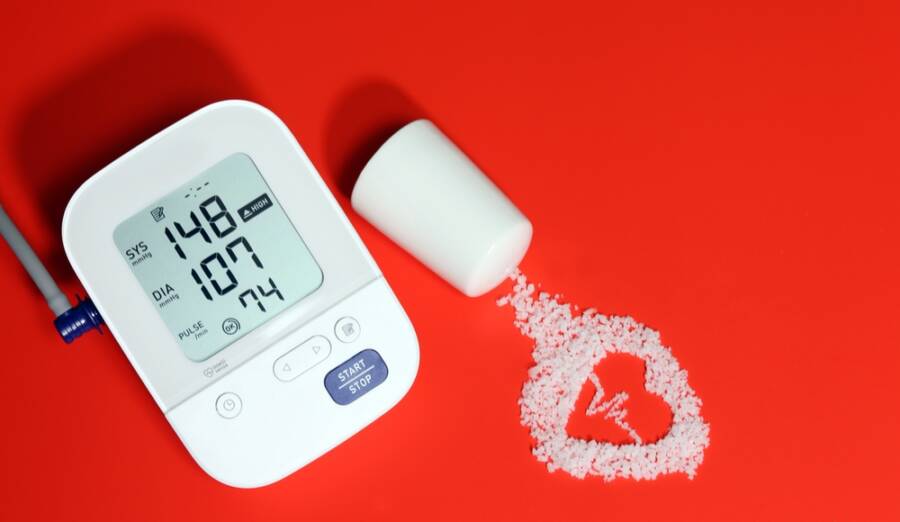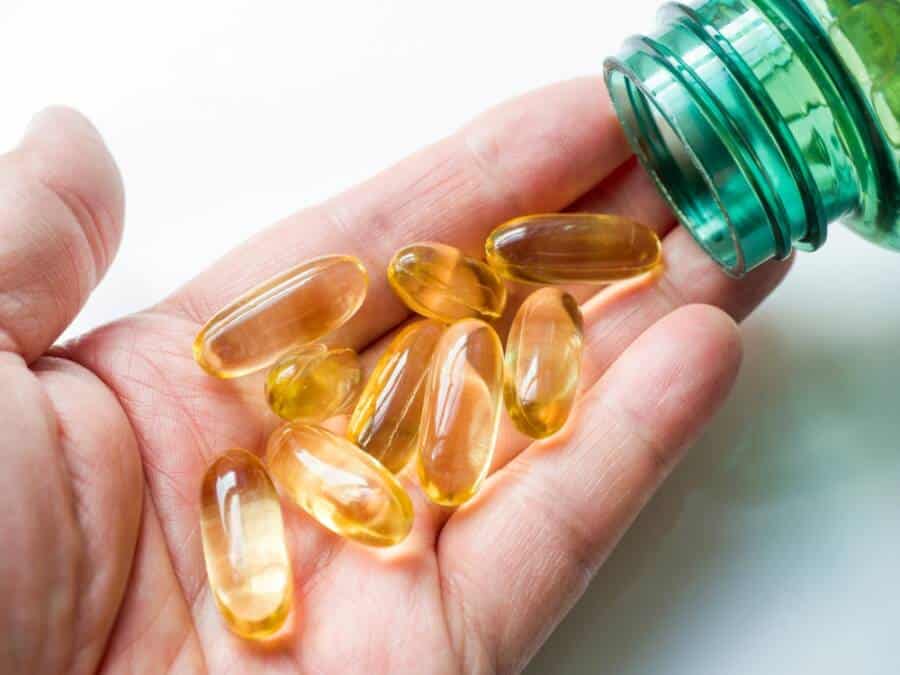Top Vitamin B12 Sources for a Meat-Free Lifestyle
Navigating a vegetarian diet and ensuring adequate B12 intake is absolutely achievable! The secret lies in knowing where to look. Since Vitamin B12 is produced by microorganisms, it doesn’t naturally occur in plant foods like fruits and vegetables. Therefore, our focus must be on fortified foods and, for some vegetarians, animal-derived products like dairy and eggs. Here are the most reliable and accessible sources.
1. Fortified Nutritional Yeast
This is the holy grail for many vegetarians and vegans. Affectionately known as “nooch,” nutritional yeast is a deactivated yeast that comes in yellow flakes or a powder. It has a wonderfully savory, cheesy, and nutty flavor that makes it a perfect Parmesan cheese substitute. The key is to choose a brand that is fortified with B12. Just two tablespoons of fortified nutritional yeast can provide well over the recommended daily amount. Sprinkle it over pasta, popcorn, salads, roasted vegetables, or blend it into sauces for a creamy, B12-packed boost.
2. Fortified Breakfast Cereals
A fortified breakfast cereal is one of the easiest and most dependable ways to start your day with a healthy dose of B12. Many popular brands of ready-to-eat cereals are fortified with 25% to 100% of the Daily Value (DV) for B12 and other essential vitamins. Make it a habit to become a label detective in the cereal aisle. Look for “Vitamin B12” or “cyanocobalamin” on the nutrition facts panel and aim for one that provides a significant portion of your daily needs. Pairing it with fortified plant milk is a B12 power-duo.
3. Fortified Plant-Based Milks
The plant-based milk section of the grocery store has exploded with options, and many of them are excellent B12 sources. Soy, almond, oat, coconut, and rice milks are often fortified with Vitamin B12. As with cereals, fortification is not universal, so checking the label is essential. Interestingly, organic versions are often not fortified, so don’t assume a higher price tag means more nutrients in this case. A single cup can often provide up to 50% of your daily B12 requirement, making it perfect for your morning coffee, tea, smoothies, or cereal.
4. Eggs
For lacto-ovo vegetarians, eggs are a fantastic natural source of Vitamin B12. One large egg contains about 0.6 micrograms (mcg) of B12, which is roughly 25% of the recommended daily intake. The B12 is concentrated in the yolk, so be sure to eat the whole egg. Beyond B12, eggs are a complete protein and provide other crucial nutrients like choline for brain health. Scrambled, boiled, or in an omelet, eggs are a versatile and nutritious choice.
5. Dairy Products (Milk, Yogurt, and Cheese)
If you include dairy in your diet, you have several great options. Milk and yogurt are among the best sources. One cup of low-fat milk or plain yogurt can provide over 1 mcg of B12, nearly half of your daily need. Cheese is also a good source, with Swiss cheese being a standout performer. Incorporating a serving of dairy into your day—a glass of milk, a container of yogurt for a snack, or some cheese with crackers—can significantly contribute to your B12 total.
6. Fortified Tofu and Tempeh
While not all soy products are fortified, some brands of tofu and tempeh are now enriched with Vitamin B12. These are excellent choices as they also provide high-quality plant-based protein, iron, and calcium. This is another case where careful label reading is your best friend. Look for brands that explicitly state they are fortified on the packaging. Using fortified tofu in a scramble or stir-fry is a great way to build a B12-rich meal.
7. Certain Mushrooms
This one comes with a small caveat. Some research has found that certain varieties of mushrooms, particularly shiitake mushrooms, can contain small amounts of Vitamin B12. However, the amounts can be variable and are generally not high enough to be considered a primary or sole source of the vitamin. Think of it as a potential bonus to an already healthy food, but don’t rely on mushrooms alone to meet your daily B12 needs. Enjoy them for their flavor and other health benefits, and consider any B12 a little extra gift.




















